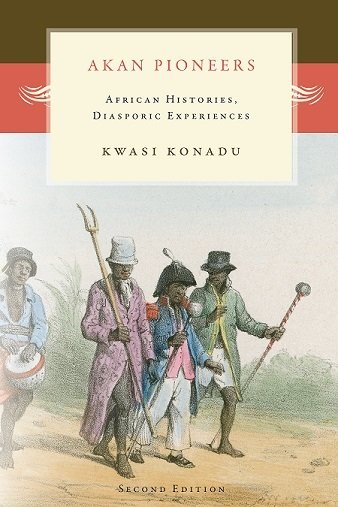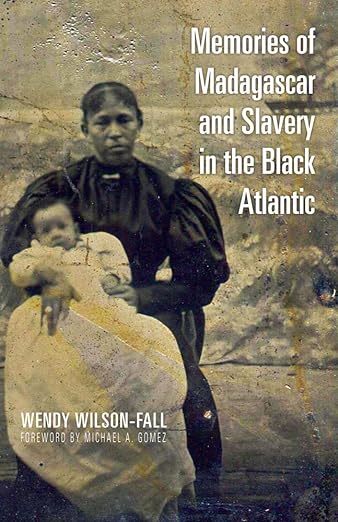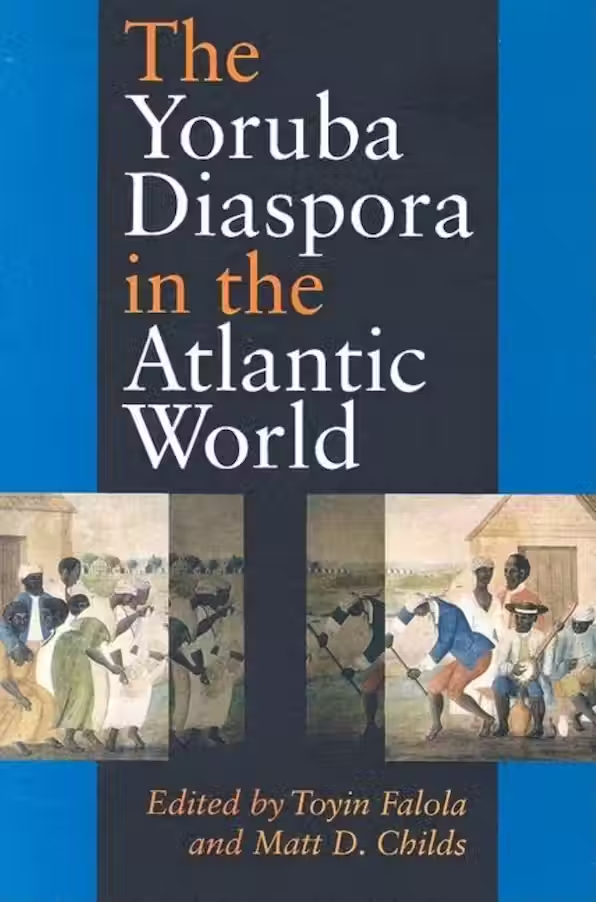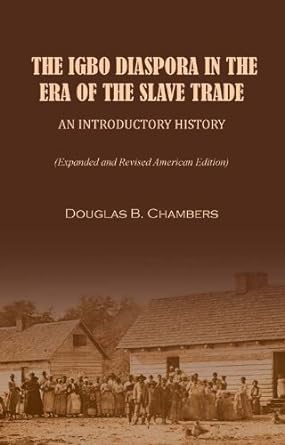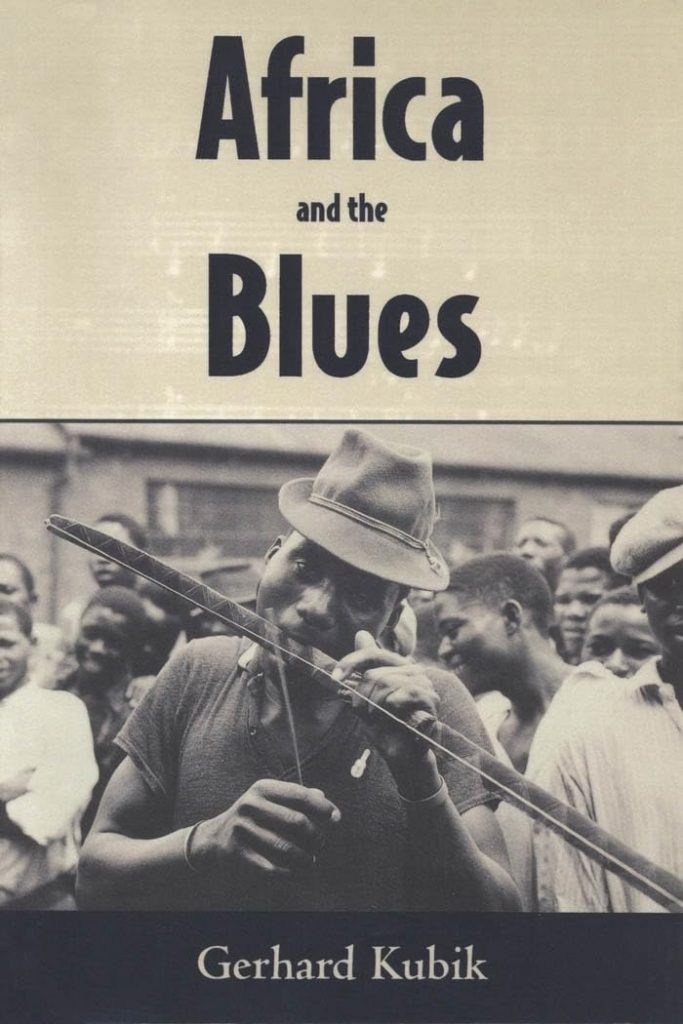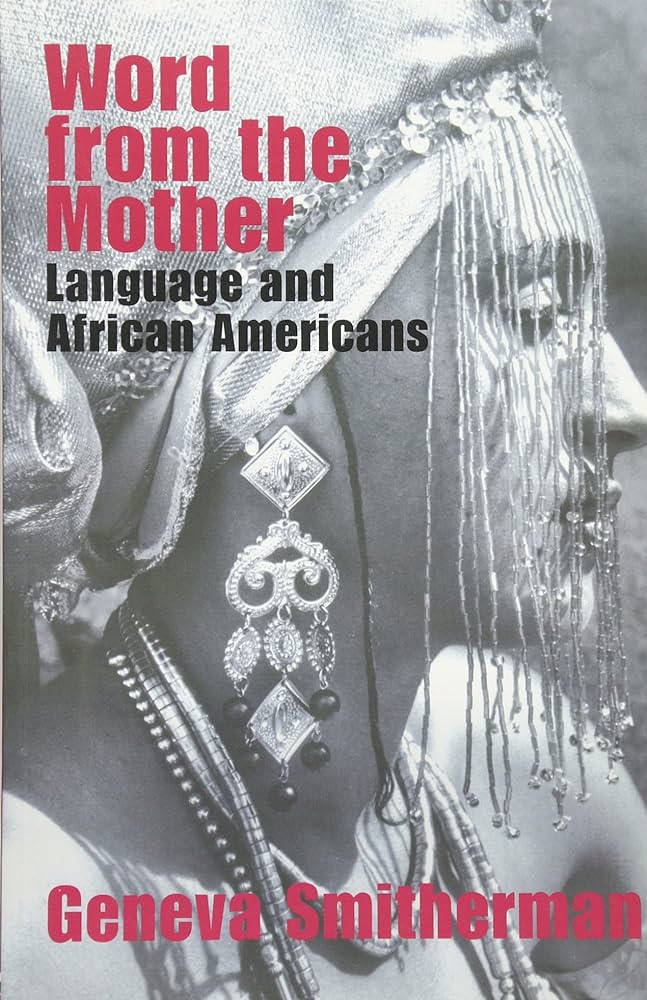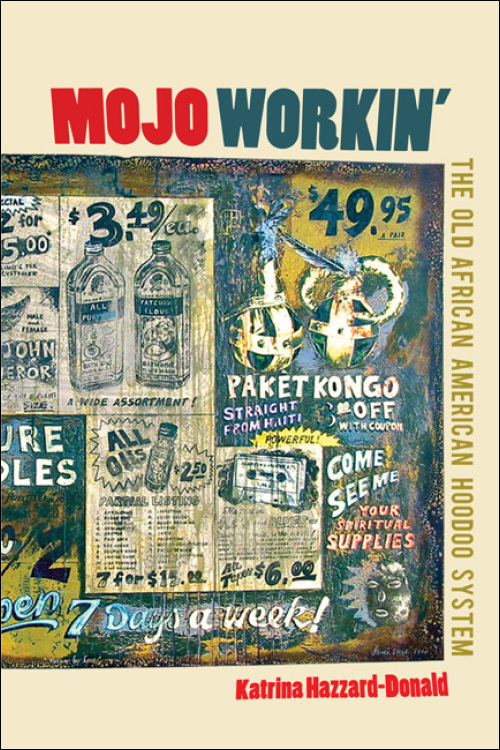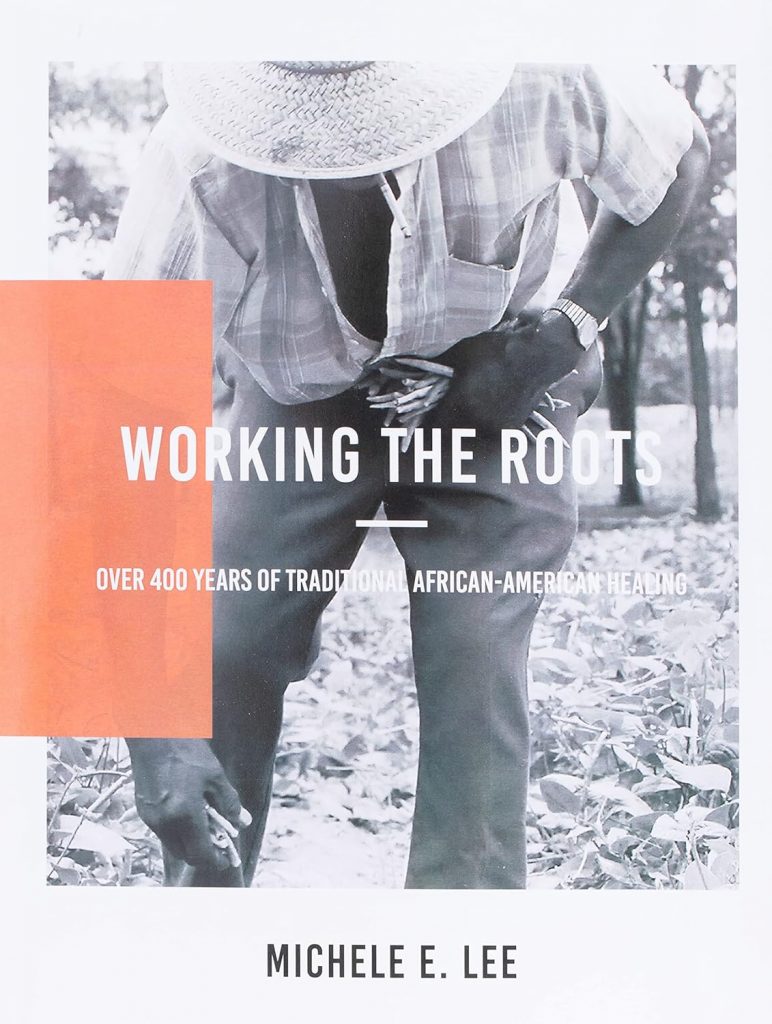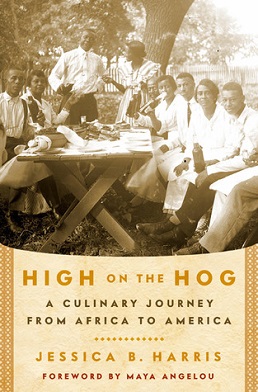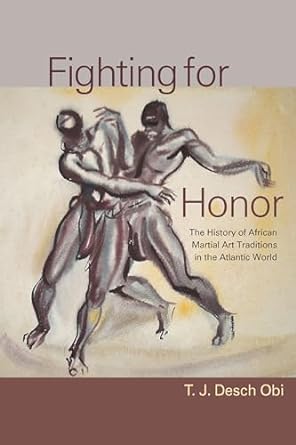Shiai Magazine: Who is actually Kamau Rashid? Talk about your life and martial arts experiences?
Kamau Rashid: Well I’m originally from the South Side of Chicago. Growing up in Chicago in the 80s and 90s left an indelible mark on me. On one hand this was a point where the crime rate, especially the murder rate was quite high. There was a pervasive consciousness of mortal danger. This was especially so in some of the neighborhoods where I lived and went to school.
On the other hand, this environment seemed to foster a certain type of critical consciousness. It was an environment where one could readily see the contradictions between the ethos of American society and its actual practices. After a while I found myself encountering a lot of people who possessed varying degrees of political consciousness. These encounters, coupled with my growing intellectual pursuits, and the daily struggle to stay alive all helped to mold me in certain ways.
When I finally went to college in the early 1990s I was able to pursue my intellectual interests without constraint. This allowed for me to foster a critical, and eventually an African-Centered world view.
It was also at this point that I began my study of the martial arts. It is fair to say that I had an acute awareness of the need to be capable of defending oneself based on my years in Chicago. I began my training with an eclectic group, one that blended Western Boxing, Karate, Akido, Ju-Jitsu, and Greco-Roman Wrestling. This style helped me to develop an appreciation for simplicity and comprehensiveness in a fighting system. I should say that this was prior to the advent of the mixed-martial arts. I trained with this group for a couple of years before moving on.
Eventually, I graduated from college, returned to Chicago, and developed a strong interest in the African martial arts. I had learned about a Capoeria group that trained on the South Side of Chicago. But they met on Saturdays, which was a work day for me. Eventually I decided to postpone pursuing the African arts and at the recommendation of a colleague of mine I began studying Wing Chun Kung Fu.
Wing Chun Kung Fu was a great experience for me. It helped me to see an even greater depth of simplicity in the art (or science) of combat. Moreover, this was my first introduction to combat theory. It was from this experience that my understanding of the martial arts began to mature.
A few years later (during the early part of the 2000s) I went back to school to obtain my doctoral degree. I used my return to college to get a lot of low-cost training. So I studied Choy Lay Fut Kung Fu and the mixed-martial arts. I also got introduced to Kali stick fighting and some Jeet Kune Do around this time.
It was also during this time that I decided to renew my pursuit of the African arts. After a false start, I eventually hooked up with Ahati Kilindi Iyi and attended his domestic camp in 2005. While there I also met Mestre Preto Velho. This basically started me down the path of dealing substantively with the African arts. Since then I’ve trained in Capoeira pretty consistently, though I have become something of a Capoeira hobo of late.
Of late I’ve sought balance in my training. This means seeking proficiency in all of the various dimensions of combat. My principle goals once again are simplicity and comprehensiveness.
Shiai Magazine: What can sociology help in African American society and black society in general, can vain theories really indeed help the African/black races to have self esteem and determination?
Kamau Rashid: Sociology is essentially the study of society. It is an attempt to understand the various social and historical forces that act upon us and shape our lives. Central to the Sociological process is theory. In Sociology theories serve as statements that attempt to explain or predict phenomenon.
I maintain that Sociology can indeed by useful in the transformation of African people. That is, if we develop and employ an African-Centered Sociology.
There are a number of social theories that have been offered by African-Centered scholars that are of critical importance. One that readily comes to mind is Maulana Karenga’s Kawaida Theory. Kawaida theory starts from the basic premise that the core crisis in African life is the cultural crisis and challenge. It continues that Africans must reconstruct their culture using the best elements of African culture, and then use this emancipatory culture to galvanize us in reshaping the world in our image and interest.
When we take the ideas of Kawaida and begin to look critically at the numerous, vexing issues that plague the African American community we can certainly problematize the role of maladaptive cultural responses that contribute unwittingly to this malaise. One very prominent example is the soaring murder rate among young African American males. This is occurring despite the fact that murder has declined among nearly every other segment of the American population.
The question becomes, what makes us so unique? Well, our estrangement from our own culture via the ravages of the Maafa is simply unprecedented. The process of enslavement was critical in problematizing the humanity of Africans. As such, not only did Europeans construct a grand narrative as to the utter inferiority of Africans, they also possessed the power to impose this wholly deficient worldview upon us. Thus they created the malaise that W.E.B. Du Bois referred to as Double Consciousness, the tragic state of being African, yet seeing oneself through the eyes of Europeans.
Kawaida insists that we must see the world through African eyes. Kawaida insists that our grand historical narrative be one that exemplifies the dignity and nobility of Africans’ struggle against tyranny. It also insists that Africans who are taught to see themselves as having a sacred duty to promote good, fairness, and justice in the world would be disinclined to kill one another over gang affiliations, drug territory, having one’s gym shoes stepped on accidentally, or any of the other reasons why we take the lives of our fellow Brothers and Sisters. People who see themselves as being the quintessential expressions of a valued and sacred humanity work to elevate their collective condition. This is quite the contrary of what many of us are doing in our homes, neighborhoods, and communities.
So yes, an African-Centered Sociology can indeed inform how we might address our basic problems. If we use a Kawaida approach for instance, we might eschew the mis-guided practices of conspicuous consumption and atomistic individualism and instead work tirelessly and collectively to build viable families and communities.
Shiai Magazine: You say that your a survival instructor and that you help many blacks to survive in the society, against what? What is exactly the Black Survival Network indeed?
Kamau Rashid: The Black Survival Network is an organization that was established thirty years ago to train the African community in the United States in the science of disaster awareness and preparedness. Our concerns have been driven by many things, but most recently the interrelated environmental crises of peak oil, water scarcity and global warming. It is quite apparent that these crises each have the capacity to threaten the survival of the human species in general, and Africans in particular.
Conscious Africans need to recognize that our survival will only be assured if we are prepared to deal with the uncertainties of the future. The mission of the Black Survival Network is to train Africans to deal with those unknowns.
Shiai Magazine: Since you practices several martial arts systems and styles you know very much implication and role of Africa and black community in the heritage of martial arts and sports combat in general. Why all a sudden the urge and need of the promotion of African Martial arts in the entire diaspora community be it America, Brazil, Jamaica and so forth?
Kamau Rashid: I think that many of us want to gain a better understanding of the African contribution to the martial arts. This is certainly another nuance in the oft-neglected and unknown historical and cultural legacy of African humanity.
Personally, I always felt a small sense of dissonance training in non-African arts. I realized that the rituals, languages, and protocols were from the particular experiences of that style’s progenitors, be they Chinese, Japanese, etc. I knew that these styles invoked and revered their cultural ancestors. Well, this lead me to a basic question: what was the martial tradition of our warriors? We certainly invoke the names of Taharka, Nzingha, Shaka, Zumbi, and others, but this invocation often doesn’t move to the level of tactics and technique. How did they fight? And why were they so effective? Well, you can’t begin to answer this question until you study these systems rigorously.
Fortunately, some people have embarked on the difficult journey of discovering and teaching the African martial way. This is what I like to call the African Warrior Tradition. As our collective understanding of these martial systems has grown, so too has the fervor to disseminate this information.
There’s another dimension too. I think that its wedded to the belief the African martial arts can facilitate a cultural transformation in the minds, bodies, and spirits of our people. Mestre Preto Velho, Baba Balogun, and others have expressed this sentiment. This may also fuel the fervor with which some of us are attempting to promote these arts.
Shiai Magazine: Tell us the differences between Kung fu and Capoeira, both systems demands movements, flow, agility, speed and strength but what makes differences between African and Asian martial arts systems?
Kamau Rashid: This is an excellent question. I think that any martial system bears the indelible mark of the culture that created that system. Its history, political-economy (social institutions), aesthetic sensibilities, language, and ethos (collective psychology) all shape this.
People have to understand this. One cannot understand traditional Jiu-Jitsu outside of understanding feudal Japan. One cannot understand Tai Chi without contextualizing it relative to Taoist philosophy. Lastly, one cannot understand Capoeira without understanding cultural dynamics and political history of central and southwestern Africa; as well as the horrors of the Maafa, and African resistance to enslavement in Brazil. I know that a lot of people try to lift martial arts outside of their attendant cultural moorings, but this is impossible and impractical.
With regards to movement, flow, speed, and agility—the Chinese arts, though often fluid and organic, manifest a different quality than the dynamism manifested in the African arts. I am not speaking here of one way being superior or inferior to another. I am simply noting a core difference.
For instance, Capoeira is an art that uses semi-perpetual motion in the form of the Ginga to generate linear and lateral energy. Every technique that the Capoeirista launches draws from this force. The Ginga is central to the body mechanics needed for proper power generation when striking. Also, the flow of motion and energy is constant. It doesn’t stop. The Capoeirista moves seamlessly from evasion to attack to attack to evasion to attack and so forth. Capoeira is omni-directional. The capoeirista may launch a kick to the head that misses, move into a ground position to give the impression of being defensive, and launch another kick or sweep from the ground in the opposite direction. Thus, the adept fighter can strike or move in any direction at any time. There is an organicity in Capoeira that cannot be described. It has to be seen or experienced.
Now what I’ve just described may be similar in some respects to the Chinese arts, but still different. I’ll use Choy Lay Fut Kung Fu as an an example. Similar to Capoeira, Choy Lay Fut attempts to use a lot of circular power. It relies on continual attack and uses the shifting of the stance to generate power. Though, unlike Capoeira, Choy Lay Fut’s power source isn’t semi-perpetual motion. It is the movement from one stance to another. This creates a footwork that is substantially less dynamic and mobile than Capoeira’s Ginga. Whereas the Capoeirista trains to see the potential attack in any situation (standing, kneeling, falling, etc.), Choy Lay Fut’s body of techniques does not produce the same range of possibilities. Also, Choy Lay Fut, like most striking arts relies primarily on the horizontal plane of combat. That is, it focuses on using distance to moderate the types attacks that one would use in a given situation. Capoeira uses the horizontal and vertical planes. Meaning that the Capoeirista may moderate their attack based on distance from an opponent, and height in relation to the ground. Thus in Capoeira, the ground is employed as an offensive space. Choy Lay fut does this to a very limited extent, but lacks Capoeira’s mobility on the ground level. To be sure, there are some Chinese arts that make a more robust use of this vertical plane, however I would maintain that Capoeira’s uses of linear and lateral power gives it a different striking platform than these other arts.
I guess the essence of it is that the African martial arts, as reflected by Capoeira have a substantially different principle of motion. It is a principle that is rhythmical, spontaneous, and intuitive. Also, they derive from the historical and cultural reality of African humanity.
As someone who has trained in both African and Chinese arts, I must say that I feel more at home doing Capoeira. This is not say that I don’t still practice these various non-African systems, but I have a substantial cultural and aesthetic appreciation for Capoeira as an African fighting system.
Shiai Magazine: You have created the African Warrior Tradition which is an online discussion forum based African military, martial arts and African resistances, why the need of creating such a discussion group? Do you think that African Warrior Tradition should evolved and become a true organization promoting African Warrior heritage and culture?
Kamau Rashid: I was compelled to create the African Warrior Tradition for several reasons. First, many of the on-line discussion forums focused on the African arts have de-evolved into extremely divisive discussions regarding authenticity, or have taken on a very fundamentalist bent. To be sure, we do need to address matters of authenticity. However, we can do this in a civilized fashion. In some instances this was not occurring.
In other instances people were dealing with the African arts in an isolated manner. Whether this was having one group focused on continental arts and another on diasporic arts. I felt that we needed to address these matters comprehensively.
I’m not sure if this group should or could spawn a viable, international organization. However I think that it can contribute to such an effort. Ultimately I think that such a development should draw upon a cross-section of interests, entities, institutions, and individuals. Unfortunately I’m not sure if my group, the African Warrior Tradition, has become the public commons for this diverse and growing community. Suffice it to say, I would be immensely supportive of such an initiative.
Shiai Magazine: Is it true that you are creating your own martial arts system based on your experiences?
Kamau Rashid: Yes, I am attempting to synthesize my varied martial arts knowledge. This system, which I’m calling Sbayt Nkht, or “instructions for the attainment of victory” in the language of the ancient Kmt (Egypt), is a dynamic synthesis of everything that I know. I’ve attempted to use the ideas of simplicity and comprehensiveness as a core philosophy. Its really just a reflection of how I train myself and my son. It’s an attempt to give added structure to something I’ve been doing informally.
Shiai Magazine: Have you been to Africa or other areas in the world where the African diasporas are found? Are you not thinking to create network in other parts in the world?
Kamau Rashid: Unfortunately I have not been to Africa yet. I have been to Belize in central America. You have a strong African community there called the Garifuna. While I was in Belize I did not inquire as to the existence or nature of their fighting arts. I hope to do this in the future. However, I do believe that it is absolutely necessary that we build a global network around the African martial arts.
Shiai Magazine: Any future projects in which you will like to talk about?
Kamau Rashid: Right now I’m focused on three objectives. One, concretizing Sbayt Nkht and in the process streamlining and enhancing my own training. Two, continuing to network with other like-minded Africans via the Internet and conferences. There’s a great deal of energy out there right now that I think we need to channel. Third, I have a series of children’s stories that I want to publish sometime in 2010. Many of these stories are set in ancient Africa and depict the African Warrior Tradition in various contexts whether it be hand-to-hand or armed combat. I think that African youth need an African-Centered and compelling body of action literature that can excite their imagination about our historical legacy much like other children possess.
Shiai Magazine: As the founder of the African Warrior Tradition what is the role and implication of the African warrior in the black society and the entire world society? Many blacks says that they are warriors but they are same to sell drugs and weapons in streets and encourage prostitution? Can our children follow the true spirit of African warrior beliefs?
Kamau Rashid: When we look at traditional and ancient African societies, the warrior was expected to safeguard the welfare of the society. Whether this meant taking to the battlefield or working the farm, the warrior’s obligation was to his or her people.
The people in our communities who prey on other Africans are not warriors. They are parasites. I know that some people say that these are not parasites, they are simply wayward warriors and the like. The problem with this notion is that it assumes that intelligence, wisdom, or basically common sense lies strictly within the purview of the politically or culturally conscious; and that if the politically and culturally conscious were to bestow their lofty wisdom upon the present-day drug dealer, pimp, child abuser, etc. that they will be magically transformed into whole human beings…whole African men and women. Clearly this is problematic. Firstly, we don’t have any monopoly on common sense. Even the most wayward member of the African community knows the difference between right and wrong. There may be a small minority to whom this doesn’t apply, but for the most part most of know on a basic level whether our actions are morally just or unjust. Secondly, everyone is not necessarily responsive to information or ideas. America is steeped in anti-intellectualism. Many people go out of their way to avoid thinking at all costs. Thus, reasoning with and cajoling people into acting in a manner that we deem is appropriate will only be effective with some, but not all.
So where does that leave us. What seems to have the greatest capacity to regulate human behavior is culture. Culture consists of many dimensions, however three in particular that are imperatives for ours (or any other community) are norms, sanctions, and values. Norms are the standards of behavior deemed appropriate or necessary by the community. Sanctions are the rewards or punishments that people receive for complying with or disobeying the norms. Values are our collective concepts of good and bad.
You see our problem is that we have failed to embrace a cultural system that promotes a functional and collectively beneficial set of norms. We have failed to develop and maintain a social structure that is capable of carrying out sanctions. We have also been remiss in promoting the values that are most relevant to our collective welfare and development.
When these things are in place, people naturally become warriors. They naturally develop a desire to sacrifice (to give of themselves) for the sake of our collective survival. They seek the skills, knowledge, and resources that are consistent with the expression of these values in the world.
So, yes, we must create warriors. But our paradigm of warriorhood must be informed by the best of global African culture.
Shiai Magazine: Why so much popularity of African Martial Arts? There are several books being published based on the topic by several famous african martial artist. There are also several african martial arts festivals and events being organized.There is even several african martial arts magazines be it printed, online, DVD or on TV. And finally two main film projects on the topic “The Way” starring Khalil Maasi a Ray Muhammed film in the United States and MoneyBag starring Joe ATEBA an Aurelien Henry OBAMA film in Cameroon?
Kamau Rashid: I think that many people feel that its time for us to tell our story. This is true in many regards. But as it relates to the martial arts, I think that people are increasingly cognizant of the need for us to represent ourselves in a dignified and inspiring way. A way that compels us to reflect deeply about who we have been, who we are, and where we as a people need to go.
I think that this is related to several broader thrusts. First, is the maturation of the African-Centered Movement in the United States. This movement, which has grown out of the cultural nationalist thrust of the 1960s, has been central in calling for greater study, reclamation, institutionalization, and practice of African culture. Second, may be the increasing heterogeneity of the visible martial arts scene. Forty years ago people knew about martial arts coming form China and Japan, but they may not have known about much beyond that. Today people are aware of Thai arts, Indonesian arts, Fillipino arts, Russian arts, etc. People are literally mining the world for its marital arts traditions. In fact there have been at least two television shows dedicated to this quest. This may be leading more and more of us to say “well if all of these other people have martial arts, then what about Africans”? Third is probably our (Africans’) incessant quest to be self-determining, self-affirming, and self-defining, and the imperative of sharing this consciousness with other Africans. So for many of us the African martial arts become a rites-of-passage system, it becomes a value system, ultimately it becomes mechanism of socialization. I think that many of us believe that we can use these systems, as well as a broader African cultural construct, to transform our people.
Shiai Magazine: As an elite and high personality in an african martial arts community, what advice can you give the to african child who wants to fulfill his dream be it in martial arts or any field of life knowing that is very hard among african people to succeed in life?
Kamau Rashid: Well I wouldn’t consider myself an elite or anything like that. However, if I were to offer any advice to a young African aspiring for success in life I would say that you should always walk the path of self-mastery. Seek to eradicate your fears. Surround yourself with positive and challenging opportunities that will give you a greater depth of self-knowledge. Also, build healthy relationships with elders, teachers, etc. who are capable to guiding down the path that you seek to walk. It always important to remember that difficult does not mean impossible, success is always attainable if you are sufficiently determined.
Shiai Magazine: What is your opinion on Shiai Magazine and work of Aurelien Henry OBAMA?
Kamau Rashid: I think that Shiai Magazine is a noble and positive effort. I applaud Bro. Aurelian’s work to bring the African martial arts to the forefront. We need to support and sustain his work.
Shiai Magazine: Any last words?
Kamau Rashid: Thanks for requesting this interview. Its been an honor to participate in your admirable work.
Shiai Magazine: Thank you brother Kamau Rashid in accepting our interview, we hope oneday to receive you in Cameroon “Africa Miniature”, God bless you and let our ancestors guide your path!
Kamau Rashid: Thanks Bro. Aurelien. I’d love to visit Cameroon. I look forward to our continued collaboration. I wish you immeasurable success in your endeavors.

